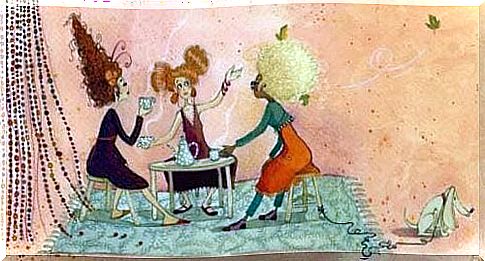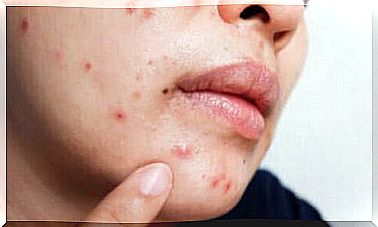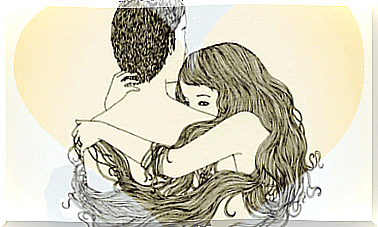Women And The Queen Bee Syndrome

Experts do not recognize queen bee syndrome. Yet there are many people who seek help to diagnose it. Many also point to the behaviors that some women exhibit. They are based on competitiveness.
In the beehives, the queen bee plays a leading role. For she surrounds herself with many male bees and female bees that are not fertile. This makes her feel better than the others around her. And this is a position that many women long for.
Society and competition

From a young age we learn how to compete with the people around us.
The impulse we feel to compete comes from the desire to compare ourselves with others. It’s something we can see in many adults. The goal is to make us better. But what it actually does is cause our self-confidence to drop.
When we try to improve ourselves, we are not doing it to make ourselves better. Instead, we do it to show off. Because in reality we often do it to be better than the people around us. We want them to envy us.
Queen bee syndrome is all about these aspects. But it’s something that happens specifically in women.
Women in society

Women have to deal with a lot of social pressure. They face impossible beauty standards, the pressure to be perfect and do everything right. But above all, they have also learned to see other women as their competition.
Why do we see other women as competition but men don’t?
This often has to do with the fact that we identify more with other women. But it is also a result of the fact that we learn a number of behaviors from a young age. For example, we learn to criticize other women, judge them, and want to be better than them.
In our opinion, these behaviors should be abolished. But they remain very much present. They even cause some women to eventually suffer from Queen Bee Syndrome.
How do you discover queen bee syndrome?

To know if a woman has Queen Bee Syndrome, all you need to do is pay attention to her behavior. Every now and then you may think she has a big ego, is very competitive, or is envious. But if you look a little closer, there is more:
- You notice that she always talks about other women in a negative way. She gossips about what they are doing or don’t want to stop doing. Everything she says is always negative, belittling and humiliating.
- Her desire to show off and put herself above others at any cost is obvious. This can even mean losing friendships and developing very disturbing passive-aggressive behavior.
- She will try to make other women her “subjects”. Because that makes her feel stronger. By doing so, she wants to break down the self-confidence and morale of the people she considers her enemies.
As we can see, this attitude is very toxic. Because it causes a lot of pain to the other people who were only unlucky to be around someone who seems to have this syndrome.
But what is behind this syndrome?
very insecure women
Women who suffer from Queen Bee Syndrome have to trample on those they see as their rivals and undermine their self-confidence. But they do this because they have no confidence in themselves.
That’s why they actually project their own insecurity onto other women. In this way they try to acquire the security that they themselves lack. But they do it in a hurtful way.
We see how someone mistreats another person and how they try to brag or be “cool”. At that point we need to know the truth. They don’t act like that because they think they’re better, stronger, and more powerful. Because behind that facade is a hurt, delicate woman with low self-confidence and many unresolved insecurities.
Notwithstanding all this information, we must learn to be careful with these types of people. We must also be attentive to those who suffer from Queen Bee Syndrome. They can cause us a lot of pain. For without them realizing it, they make us allies in their beliefs, their insecurity and in the fears they cannot recognize for themselves.
Have you ever suffered from Queen Bee Syndrome? Do you recognize someone from your environment (work, your personal life…) who has experienced it?








